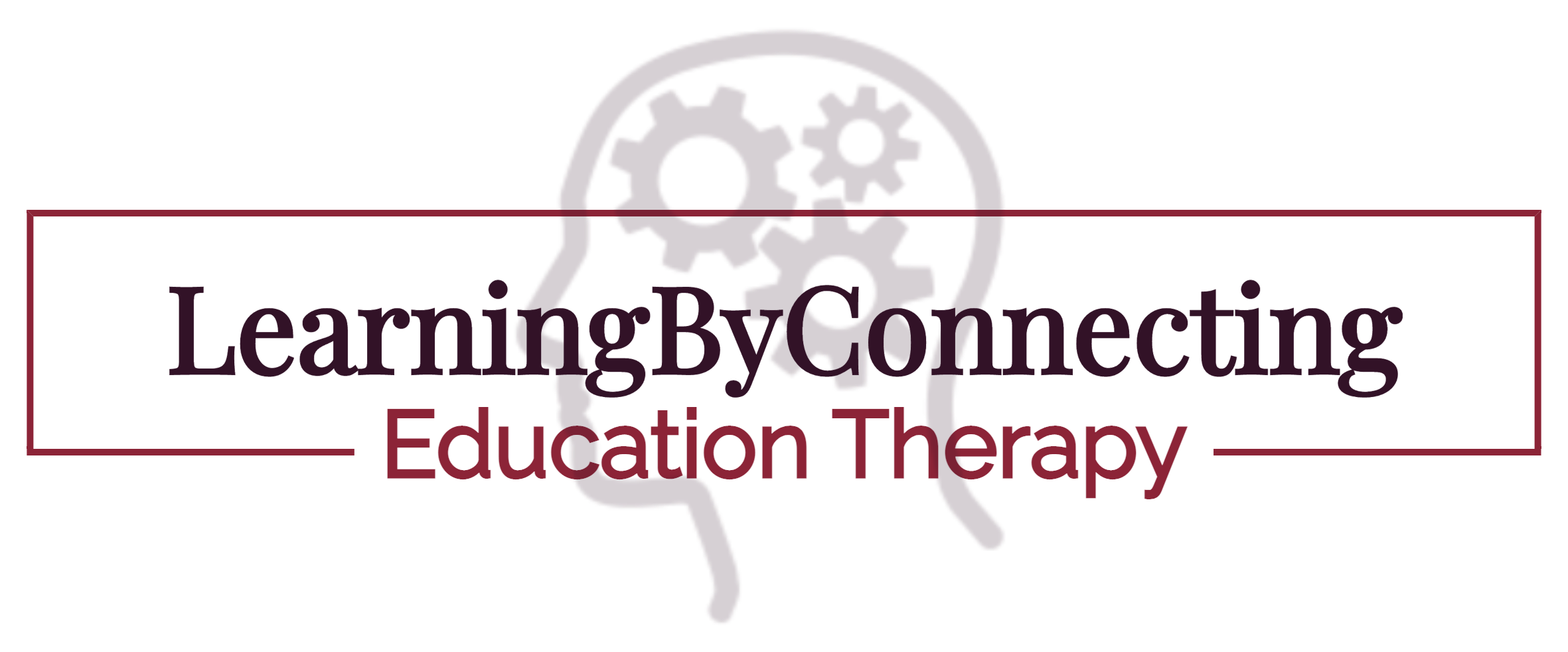Parenting a child with Attention Deficit Hyperactivity Disorder (ADHD) can be challenging, but understanding the basics is key to supporting your child effectively. In this blog post, we’ll break down ADHD in a way that’s easy for parents to grasp, debunk some myths, and explore ways to help your child thrive, backed by credible citations.
Stats & Facts for Parents:
As of fall 2022, it’s estimated that about 15 percent of college students have ADHD (American Psychological Association). This tells us that the challenges of ADHD can persist into higher education. Being aware of this can help parents better understand and support their child as they transition through different life stages.
Understanding ADHD:
ADHD is a common mental health challenge among kids in the United States, affecting around six million children (National Institute of Mental Health, 2019). It is the most frequently diagnosed mental disorder. Simply put, it can make it tough for your child to pay attention, control their behavior, and keep still. Early signs include things like forgetfulness, being easily distracted, restlessness, and struggles with waiting their turn.
Growing Up with ADHD:
Contrary to what some might think, ADHD doesn’t magically disappear as kids grow up. While the hyperactivity part might ease off, other challenges can stick around into adulthood. This could show up as impulsiveness, mood swings, anxiety, being late often, or having trouble staying organized.
How Parents Can Help:
If you suspect your child has ADHD, seeking help is the best thing you can do. Education therapists are there to guide both you and your child through the journey. These professionals create a safe space for your child to talk about their challenges and work on ways to make life a bit easier.
Medication and Other Approaches:
Sometimes, doctors might recommend medication to help manage ADHD symptoms. But that’s not the only solution. Education therapists often use a mix of strategies, including behavior changes, lifestyle adjustments, and coping techniques. The goal is to find what works best for your child and empowers them to succeed.
Wrapping it all up!Â
Understanding your child’s ADHD is the first step to supporting them effectively. Education therapists, armed with the latest knowledge, can be your allies in this journey. By being aware, debunking myths, and exploring various ways to help, you’re not just helping your child manage ADHD – you’re nurturing their potential for a fulfilling and successful life, supported by evidence-based insights.


